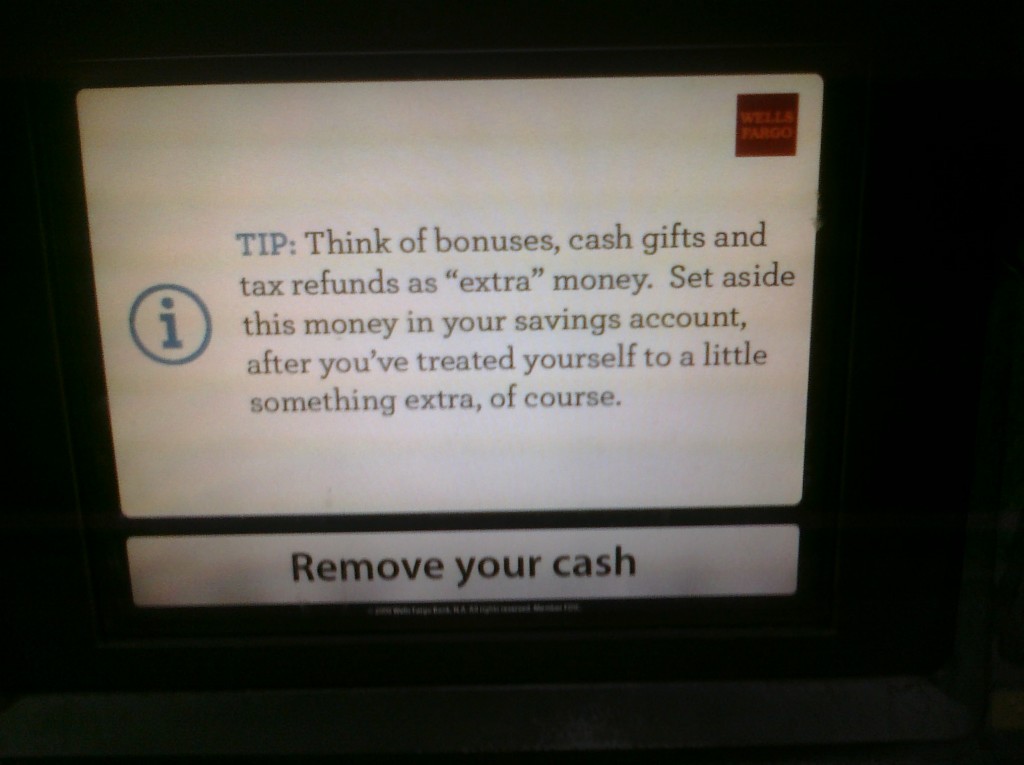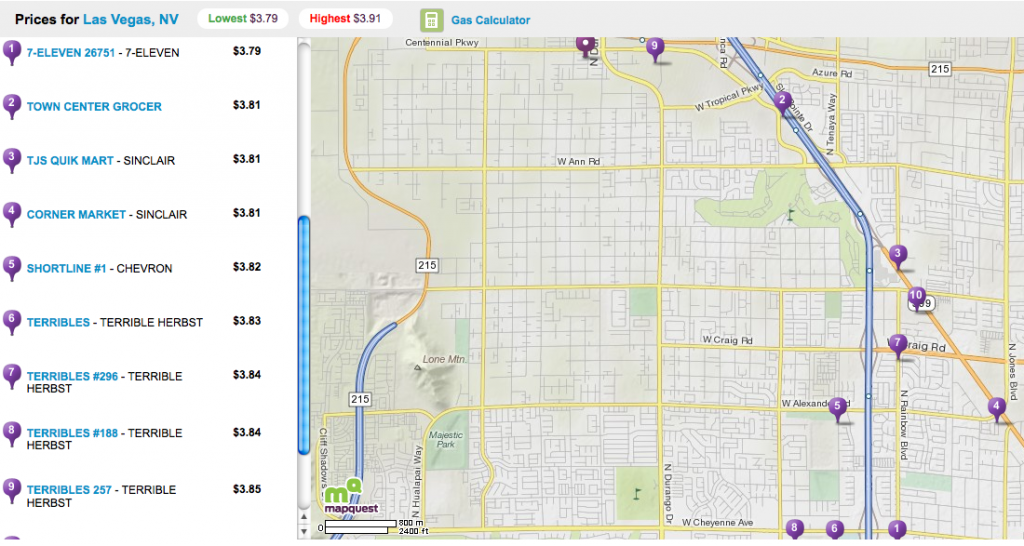ADDENDUM, 7/11: Read the comment below. The idiot who caught Derek Jeter’s 3000th hit is “a couple of hundred thousand in debt.” Too bad he can’t sell lipid deposits on the open market.
It’s one thing to misplace a winning lottery ticket worth 7 digits, and never find it in the one-year window to claim your prize. It’s something far different to have the ticket in your possession and willingly hand it over to the person you bought it from.
The man in the photo who hasn’t spent the last 16 years having non-stop sex with supermodels is Christian Lopez. On Saturday he caught the ball with which Derek Jeter tallied his 3000th hit.
How much is that ball worth?
Of the twenty-eight 3000th hits in history, only Wade Boggs’s in 1999 and Jeter’s were home runs (and thus could be caught by fans.) The husky gentleman who caught Boggs’s gave it back, too. So 3000th hit balls are difficult to price, given that apparently all of them are with the guys who hit them or their descendants.
Baseball’s two traditional career milestones for non-pitchers are 3000 hits and 500 home runs. There are 28 players with 3000 hits, 25 with 500 home runs, giving us something approaching a basis for comparison. The last guy to hit 500 home runs was Gary Sheffield, who’s nowhere near as famous as Jeter, and sure enough, the guy who caught Sheffield’s 500th home run ball also returned it.
The last player of Jeter’s fame to hit 500 home runs was his boyfriend teammate, Alex Rodriguez. Finally, we’ve got a price: that ball sold for $103,579 last year.
The memorabilia market has fallen somewhat since then, but on the other hand Jeter’s would have been the only 3000th-hit ball available for purchase (at least until Tony Gwynn sells his and uses the proceeds to buy a week’s supply of Twinkies.) So let’s call it a $100,000 ball, and forget that 12 years ago some idiot paid 30 times more than that for a chunk of $8 cowhide. (Which still isn’t the highest price anyone’s ever paid for a baseball.)
Christian Lopez gave something worth $100,000 to a guy who’s made $200 million in his career, but it’s not as if Lopez is walking away with nothing. The Yankees and Jeter gave him:
- suite tickets for the rest of the season ($9,250)
- 4 front-row seats for yesterday’s game ($1,200)
And the following items, signed by Jeter:
- 3 bats (about $600)
- 3 balls ($450 or so)
- 2 jerseys ($800, given what they’re selling for on eBay)
That’s officially $12,300 in swag, but that figure comes with an asterisk. The tickets, bats, balls and jerseys cost the sellers virtually nothing. The seats were presumably already sold to a corporate sponsor, whom the Yankees will give a bump to. The jerseys, bats and balls cost the team no more than a couple hundred bucks, but Jeter making ink come out of a Sharpie magically enhances the items’ “worth”.
The first two items on that list have no lasting value, and the remaining ones have no utility. Also, their value is determined largely by speculation. In other words, despite their positive price tags, the items that Christian Lopez received were what we here at Control Your Cash would not classify as assets. (It’s right there on page 8 of the book, which you really need to buy.)
We define an asset a little differently than accountants do. To us, an asset is something you own that will help your net worth grow. Baseball tickets, enjoyable and worthwhile as they might be, only help your net worth grow if you sell them. Same deal with game paraphernalia, but at least the latter will last indefinitely. By the most generous of estimates, Christian Lopez sold a legitimate asset for 12¢ on the dollar. Most people take a while to watch their assets lose 88% of their value. Lopez did it in barely an hour.
The reactionary response to this is “karma”. Lopez will enjoy some transcendent benefit, even greater than the $88,000 he lost, by marginally enriching a multimillionaire. If karma exists, an example of it would be having a prohibitively expensive baseball land in your lap in the first place. Giving it away is insanity. (For an example of karma, regard the grounds crew worker who caught the Mark McGwire ball later deemed to be worth $3 million, and returned it to McGwire. He now works as a public defender, representing people who steal purses from old ladies.)
Stay alive long enough, and eventually you’ll receive a windfall – whether from a obliging housing market, a dead uncle, or a washed-up shortstop. Knowing what to do with that windfall – or at least not discarding it – is what separates the wealthy from the witless.
—————
In 2007, Barry Bonds hit his 756th career home run, the most of any player in history. The fan who caught the ball sold it at auction for $750,000 to someone who then publicly asked people how to dispose of it. And did.
Bonds himself summarized the Control Your Cash position on throwing away money, far more succinctly than we could.
He’s stupid. He’s an idiot. He spent $750,000 on the ball and that’s what he’s doing with it? What he’s doing is stupid.
Barry Bonds is a man who knows the value of a dollar.
**This article is featured in the Yakezie Carnival-Summer Vacation Edition**





